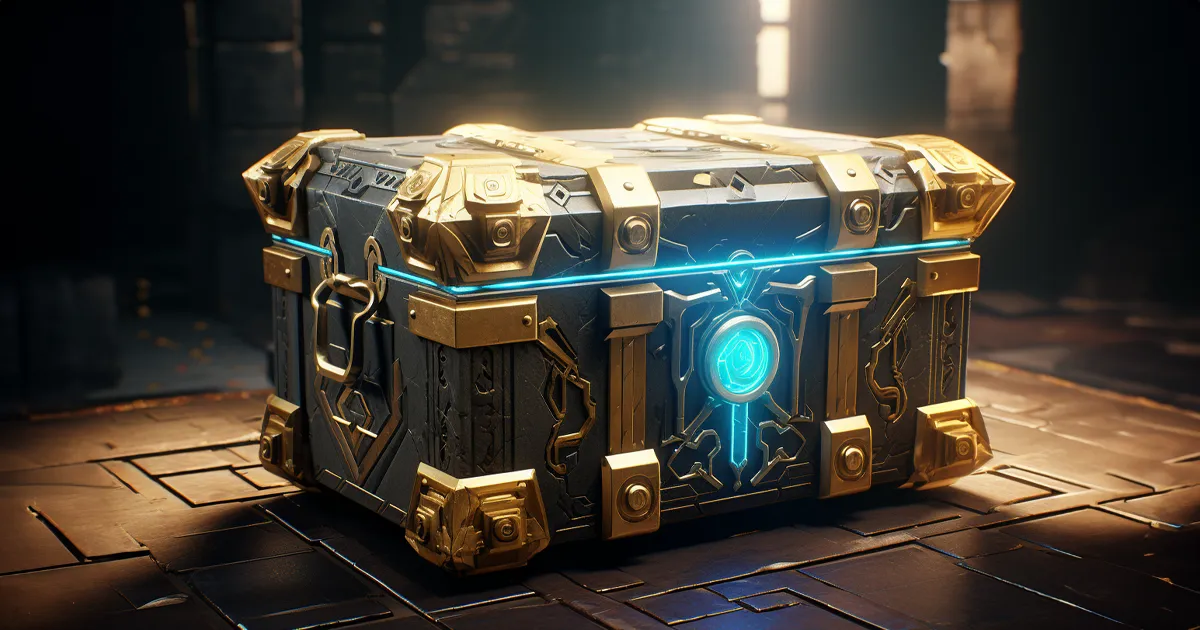Belgium: Complaint against League of Legends loot boxes
The debate surrounding loot boxes in video games, and League of Legends in particular, took a new twist in 2024, with a complaint lodged by a Belgian couple. This case highlights the growing concerns surrounding the inclusion of gambling mechanisms in online games.
Loot boxes: A contested gaming mechanism
Loot boxes are virtual objects in video games that offer random rewards, such as skins, characters or other objects. These rewards are obtained in exchange for real or virtual currency, creating an implicit gambling system. Although not gambling in the traditional sense, the notion of chance, combined with the real money spent to access loot boxes, raises ethical and legal concerns.
League of Legends: A popular multiplayer game
League of Legends, developed by Riot Games, is known for its MOBA (Multiplayer Online Battle Arena) competitions, where teams compete in strategic matches. However, behind the success of this game, accusations have emerged of illegal gambling practices.
The game features Hextech chests that players can purchase with real money in order to obtain random in-game items. Initially, these chests were offered as free-to-play rewards, allowing players to obtain chests for free after playing a certain number of games or completing objectives. However, Riot Games recently decided to change this approach. Hextech chests, which were previously available free of charge, have now become premium items for which there is a charge. This decision was motivated by concerns about the game’s profitability, but the change has reignited the debate about the ethics of loot boxes and their potential impact on player behaviour.
The Belgian couple’s complaint
In 2024, a Belgian couple decided to lodge a complaint against Riot Games, the publisher of League of Legends, concerning loot boxes. In their view, HexTech loot boxes are illegal gambling because they allow players to spend real money to obtain items at random. The complaint was lodged in Belgium, where gambling is strictly regulated.
The couple claim that loot boxes, because of their random nature and cost, encourage compulsive gambling behaviour, particularly among minors. They argue that Riot Games should be subject to the same controls as other developers making their games available in Belgium.
Players’ reactions to the accusations of illegal gambling linked to loot boxes in League of Legends are mixed. Some players have expressed their support for the complaint lodged by the Belgian couple, arguing that loot boxes are a disguised form of gambling that encourages compulsive spending. Others, on the other hand, are defending Riot Games and are afraid that Riot Games will withdraw League of Legends entirely from the Belgian market in order to comply with local regulations. However, the debate remains open and many players are waiting for clear answers from the regulators and Riot Games on how these mechanics will be dealt with in the future.
An industry under scrutiny
The video games market, particularly with titles such as League of Legends, is at a turning point. Illegal gambling in video games represents a major challenge for the authorities. For players, this raises important questions about the security and transparency of commercial practices in online gaming.
Regulators will probably have to intervene with appropriate solutions to secure this market, while allowing it to evolve in a way that respects the principles of responsible gaming. The future of these practices will largely depend on the ability of industry players to comply with rigorous regulations and the implementation of clear standards for the management of bets and virtual objects.


